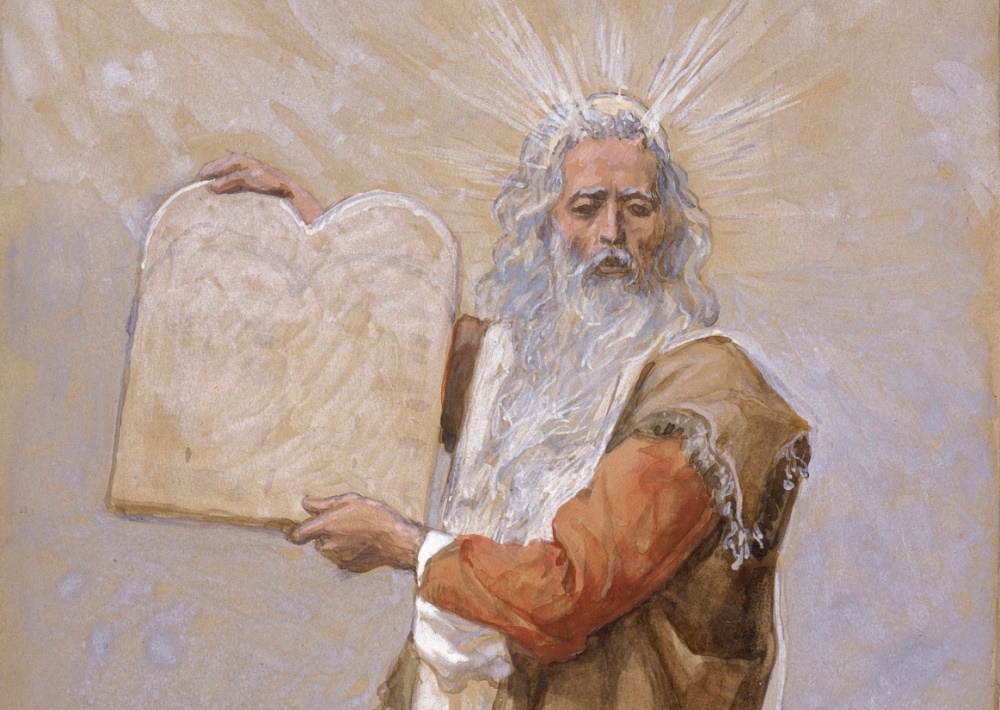Lesson 4: The Moses Story
 When I began looking at Bible stories to help us understand our present situation, I never expected how much they addressed our problem with immigration. Just about every ancient story faced the problem of living as aliens in a foreign land because famine or suffering forced God’s people to leave their homes.
When I began looking at Bible stories to help us understand our present situation, I never expected how much they addressed our problem with immigration. Just about every ancient story faced the problem of living as aliens in a foreign land because famine or suffering forced God’s people to leave their homes.
For example, Moses’ story has people who came to a foreign land because of famine-induced suffering. The most important workers in the Old Testament were slaves, and they were facing genocide in Egypt. God led them to a new land.
The richness of ancient tales maintains the mystery of the divine and the complexity of life. However, it is clear in God’s order that Egyptians and Israelites would live together as siblings. The Moses story is about Cain and Abel, Jacob and Esau, and Joseph and his brothers magnified. Because that order has broken down, God acts to rescue the endangered and preserve life.
In American history, Moses’ story was the text that inspired African slaves’ sermons and spirituals. It also constantly appeared in the Civil Rights Movement of the 20th century. It certainly places the present administration’s use of Immigration and Customs Enforcement (ICE) to persecute and torture immigrants as the way of Pharaoh, not God.
The story also indicates what we should be doing. I think it is safe to claim we should read “God being silent for 430 years” to mean no one spoke for God. Moses, who had every reason to feel unqualified, was inspired to speak. Far from being a leader, he was an outcast living in a foreign land for murdering a man. On top of that, he had a speech impediment and had to speak through his brother, Aaron.
The story certainly calls on every last one of us to speak up against our government’s mistreatment of the aliens living among us.

 Frontline Study is an online discussion of the scriptures, inviting you to share your comments and your reflections on each weekly topic. Simply click on the "Add Reply" text at the top of each post to see what others have posted and to add your thoughts.
Frontline Study is an online discussion of the scriptures, inviting you to share your comments and your reflections on each weekly topic. Simply click on the "Add Reply" text at the top of each post to see what others have posted and to add your thoughts.